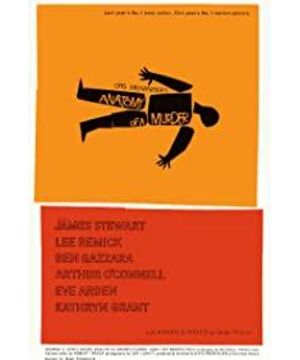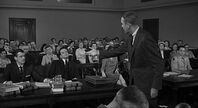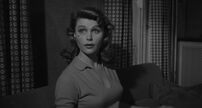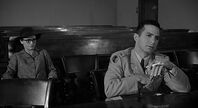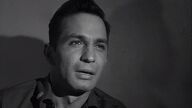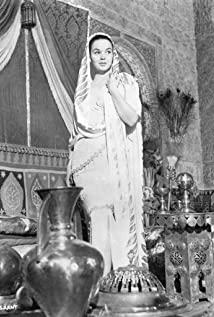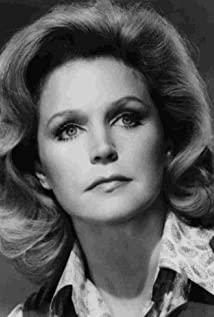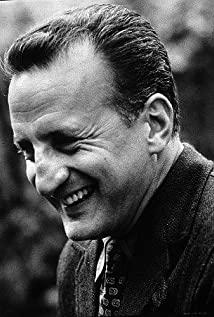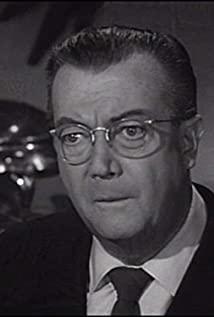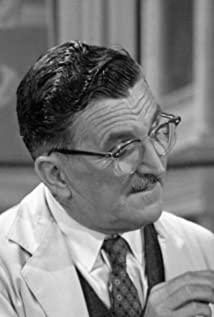Having said so much, what I actually want to express is that it is very difficult for the law to achieve "absolute fairness and justice". Because the so-called "rational" is always affected by "irrational" factors.
Going back to this movie, the so-called "Peachy Case" can be said to be very simple or very complicated. A married woman was raped (the prosecutor disagrees with this). The lawyer argued that the heroine’s husband was in the "spiritual "Impulsive killing" in the case of abnormal". The prosecutor called him a "premeditated murder", (I did it the next day, and dare to say it was "on impulse")!
Let’s talk about two prosecutors and a defense lawyer. (By the way, the actor who plays the judge is himself a judge. ). A public prosecutor should be what we often call "district prosecutors" (local prosecutors), and they are always arrogant and aggressive in their debates. In sharp contrast to him, another public prosecutor, the "Federal Prosecutor" (played by the great George Scott), has a restrained and elegant temperament, and a debating style: solid and practical.
Let’s talk about the biggest star in this movie, the defense lawyer James Stewart. Maybe because he was a “local censor” in his early years, and for some unknown reasons (not elaborated in the film), he became one. A defense lawyer with a light business has suffered from "the world's scorching heat." However, it is precisely because of the "scorching world" that he has become a veritable "old fox". Debate style: Basically, playing cards unreasonably. It often seems to be anxious and depraved, but in fact it is hidden behind the scenes.
The ending of the story: the defendant was acquitted. It's hard to say at which point the defense really touched the jury. It was the shorts with fine spots that were finally shown to the jury? It is also the success of Stewart's main "famous card" (trying to make the jury have deep sympathy for the defendant couple).
Well, this is the weirdness of the "jury system".
But it must be pointed out here that the purpose of the director for shooting this film is not to draw any conclusions about the "hypocrisy of the capitalist legal system". But I just want to tell us that it is very difficult for the law to achieve "absolute fairness and justice" (sorry, the old tune is repeated). But we can try our best to improve the current legal system by exploring (for example, using the method of filming) various cases.
As a movie of the golden age of Hollywood, there are many classic lines in the film.
Let me give you an example: A: We used to have ten welcome singles, ten most popular movies... Now there are ten most wanted criminals.
B: No, don't laugh at them, because this is also part of the American dream.
View more about Anatomy of a Murder reviews


